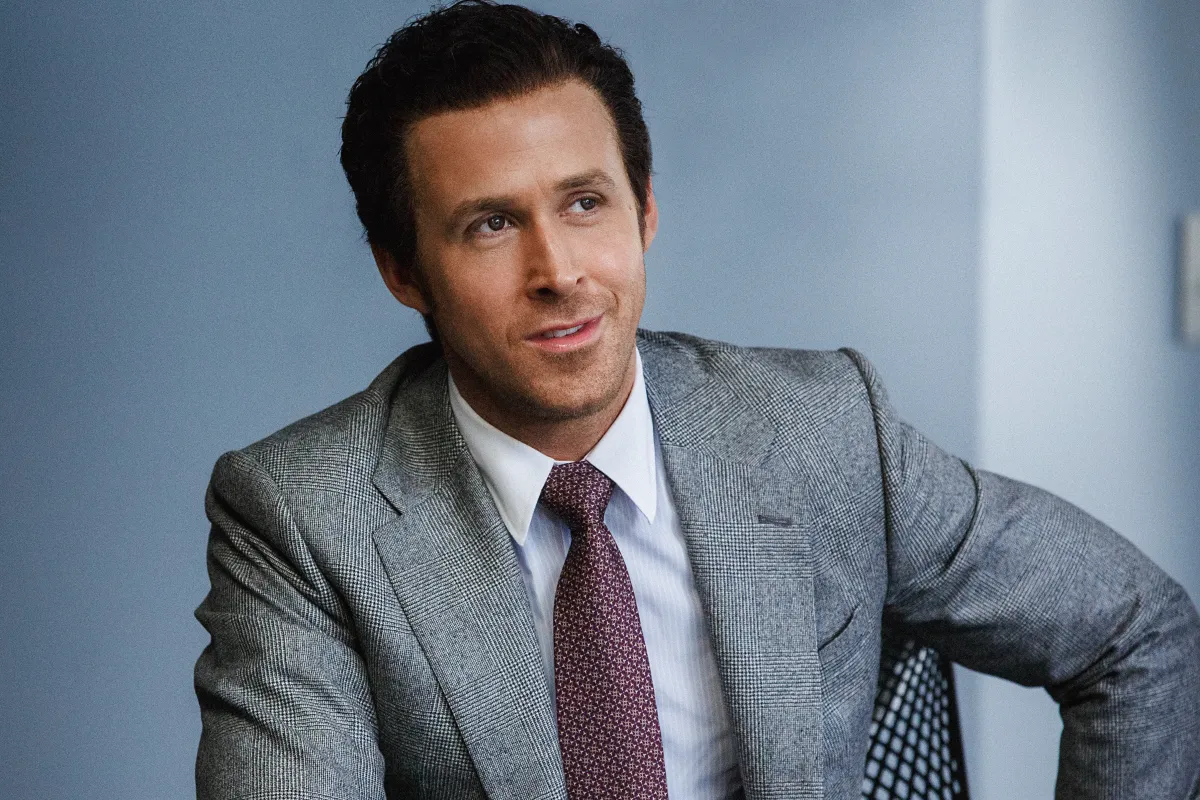Introduction
Jared Vennett is a name that resonates with anyone familiar with the 2015 film “The Big Short,” directed by Adam McKay. The character, portrayed by Ryan Gosling, is based on the real-life figure Greg Lippmann, a Deutsche Bank trader who played a pivotal role in the events leading up to the 2008 financial crisis. Vennett’s character is a blend of charisma, intelligence, and ruthlessness, offering a fascinating glimpse into the world of high-stakes finance.
Early Life and Career
Though Jared Vennett is a fictionalized character, his real-life counterpart, Greg Lippmann, has an intriguing background. Lippmann was born into a family with a strong financial pedigree. He graduated from the University of Pennsylvania and quickly made a name for himself on Wall Street. His career trajectory took him through several prominent financial institutions before he landed at Deutsche Bank, where he would eventually become a key player in the subprime mortgage market.
The Subprime Mortgage Crisis
To understand Jared Vennett’s role, it is essential to grasp the basics of the subprime mortgage crisis. In the early 2000s, financial institutions began issuing a large number of subprime mortgages—loans given to borrowers with poor credit histories. These mortgages were bundled into mortgage-backed securities (MBS) and sold to investors. The demand for these securities was high because they promised high returns, despite the underlying risk.
The Big Short: Vennett’s Big Bet
In “The Big Short,” Jared Vennett is depicted as one of the few who recognized the impending collapse of the housing market. He realized that the subprime mortgages were ticking time bombs, and he devised a plan to profit from their inevitable failure. Vennett proposed a bold idea: to create a financial instrument known as a credit default swap (CDS) that would allow investors to bet against, or short, the housing market.
Selling the Idea
Convincing others to invest in his idea was no small feat. In the film, Vennett’s pitch is met with skepticism and outright dismissal by many in the financial world. However, he eventually finds partners in Mark Baum (based on Steve Eisman), Michael Burry, and Ben Rickert (based on Ben Hockett). These investors, like Vennett, saw the flaws in the housing market and were willing to bet against it.
The Collapse
As predicted, the housing market collapsed, leading to a massive financial crisis. The repercussions were devastating: millions of people lost their homes, financial institutions went bankrupt, and the global economy was thrown into turmoil. For Vennett and his partners, however, the collapse meant huge profits. They had bet against the market and won.
The Aftermath
The aftermath of the financial crisis saw widespread condemnation of Wall Street and its practices. Many questioned the ethics of those who profited from the collapse, including Vennett. While the character in the film appears unapologetic, the real-life implications were far-reaching. New regulations were introduced to prevent a similar crisis, and the reputation of the financial industry was severely tarnished.
The Legacy of Jared Vennett
Jared Vennett’s character serves as a symbol of both the ingenuity and the greed that can drive the financial markets. His story is a reminder of the complex interplay between risk and reward, and the potential consequences when that balance is disrupted. The film “The Big Short” has immortalized Vennett as a savvy, if morally ambiguous, figure in financial history.
Ethical Considerations
The story of Jared Vennett raises important ethical questions about the financial industry. Is it justifiable to profit from the failure of others? Vennett’s actions, while legal, highlight the moral gray areas that exist in high finance. The ability to foresee a disaster and profit from it can be seen as both a testament to financial acumen and a reflection of a system that allows such opportunities.
Financial Innovation and Risk
Vennett’s creation of the CDS is an example of financial innovation—a tool designed to manage risk but one that ultimately contributed to a larger crisis. This dual nature of financial innovation underscores the importance of oversight and regulation. Without proper checks and balances, innovative financial instruments can lead to significant unintended consequences.
The Role of Whistleblowers
Vennett’s story also emphasizes the importance of whistleblowers and contrarian thinkers in the financial world. His ability to see through the flawed assumptions that underpinned the housing market bubble was crucial. In many cases, it is the dissenting voices that bring to light the risks that others fail to recognize. Encouraging such perspectives can be vital for maintaining the health of financial markets.
The Human Cost
While the film and the real-life events focus on the financial aspects, it is important not to lose sight of the human cost of the crisis. The millions of foreclosures, job losses, and economic hardship that resulted from the collapse had profound impacts on individuals and communities. Vennett’s story, therefore, is not just about financial gain but also about the broader consequences of financial practices.
Conclusion
Jared Vennett, as depicted in “The Big Short,” represents a complex and multifaceted figure in the world of finance. His actions, driven by a keen understanding of market dynamics and a willingness to take risks, exemplify the potential for both great profit and significant ethical dilemmas in the financial industry. Vennett’s story serves as a cautionary tale about the need for vigilance, regulation, and ethical consideration in financial practices. As we reflect on the lessons of the 2008 financial crisis, the legacy of figures like Jared Vennett continues to influence the ongoing discourse on financial regulation and market behavior.
Read More blogs at: Unblocked 66 EZ: Your Gateway to Free Online Gaming


